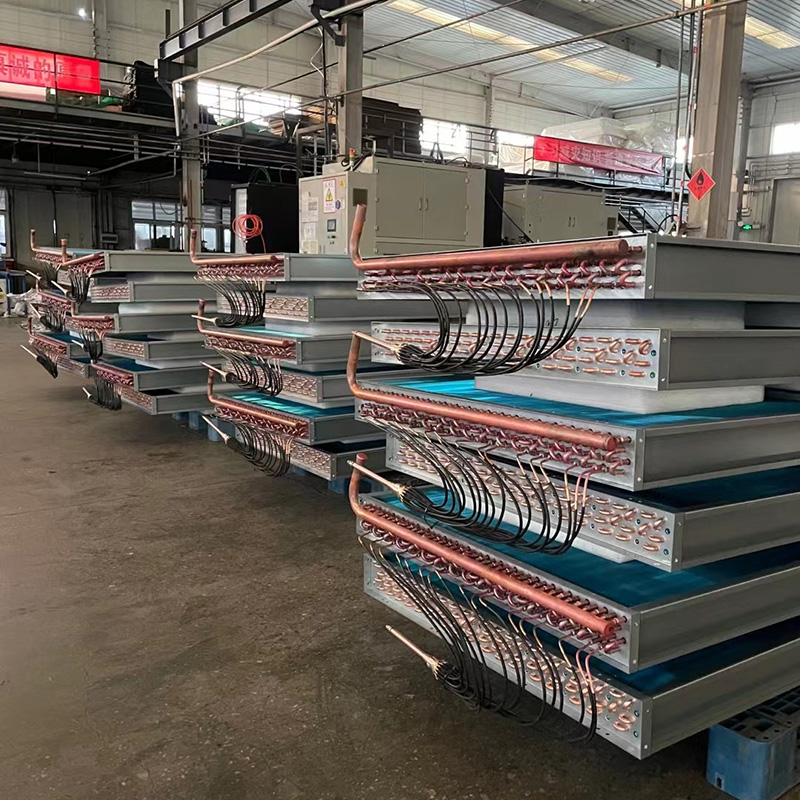In the power industry, especially in key facilities such as nuclear power plants, the reliability and safety requirements of heat exchangers are extremely high. Can the corrosion resistance and pressure bearing capacity of Micro Channel Heat Exchanger meet the high performance standards of heat exchangers in power facilities such as nuclear power plants?
In the power industry, especially in key facilities such as nuclear power plants, the reliability and safety of heat exchangers do need to meet extremely high standards. Regarding whether the corrosion resistance and pressure bearing capacity of Micro Channel Heat Exchanger can meet these high standards, we can analyze it from the following aspects:
Corrosion resistance:
Due to its micron-level channel design, microchannel heat exchangers have higher requirements for fluid cleanliness, because smaller channel sizes are more prone to clogging. However, this does not mean that its corrosion resistance is weaker. In power facilities such as nuclear power plants, the selection and management of fluids are extremely strict to ensure that they will not corrode equipment.
In terms of material selection, microchannel heat exchangers can be made of corrosion-resistant materials to cope with various corrosive environments that may occur in nuclear power plants.
Pressure bearing capacity:
The design of the microchannel heat exchanger takes into account the flow state of the fluid in the channel, which is mostly laminar flow, which helps to reduce pressure loss. At the same time, due to its compact structure and fast response speed, it can achieve a stable heat exchange effect in a short time, thereby reducing the risks caused by pressure fluctuations.
Although the specific pressure bearing capacity of the microchannel heat exchanger is not directly mentioned in the article, based on its wide application and high efficiency in other fields (such as automotive thermal management, electronic equipment heat dissipation, etc.), it can be inferred that its pressure bearing capacity should be able to meet the needs of power facilities such as nuclear power plants.
Structural and performance characteristics:
The microchannel heat exchanger has the advantages of simple and compact structure and high heat exchange efficiency, which all help to improve its reliability and safety. For example, the compact design can reduce the risk of leakage, while the efficient heat exchange can reduce the damage to the equipment caused by overheating or overcooling.
In addition, the microchannel heat exchanger also has the advantages of energy saving and environmental protection, which meets the requirements of power facilities such as nuclear power plants for energy saving and emission reduction.
The corrosion resistance and pressure bearing capacity of the Micro Channel Heat Exchanger should be able to meet the high standards of heat exchanger performance for power facilities such as nuclear power plants. However, the specific application still needs to be selected and verified according to the actual situation of the nuclear power plant.

SC-1100 388*346.7mm Car Air Conditioner MCHE Condenser Coil Microchannel Heat Exchanger




 中文简体
中文简体 English
English Español
Español



 View More >>
View More >> View More >>
View More >> View More >>
View More >> View More >>
View More >> View More >>
View More >> View More >>
View More >> View More >>
View More >> View More >>
View More >> View More >>
View More >> View More >>
View More >> View More >>
View More >>
